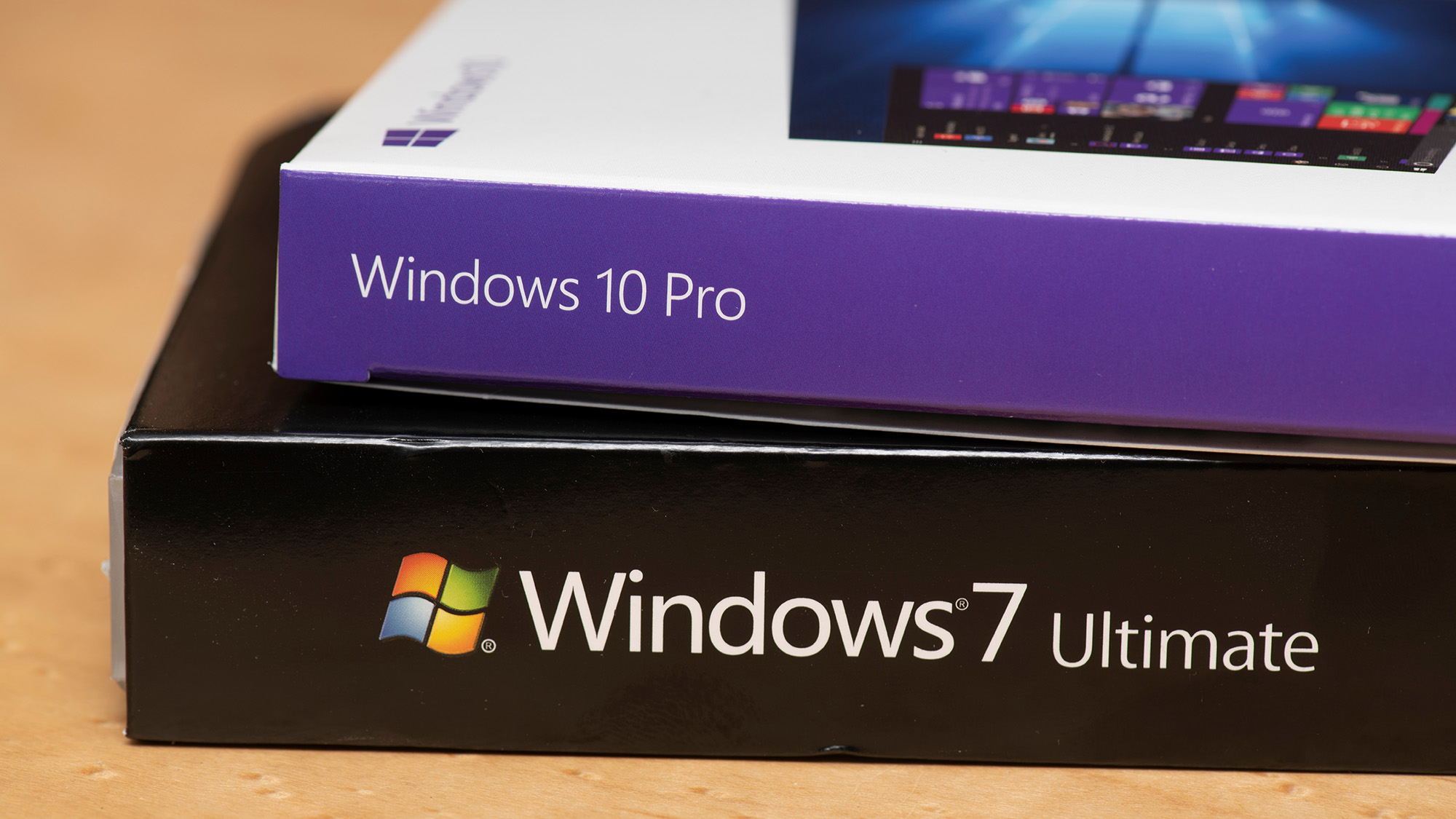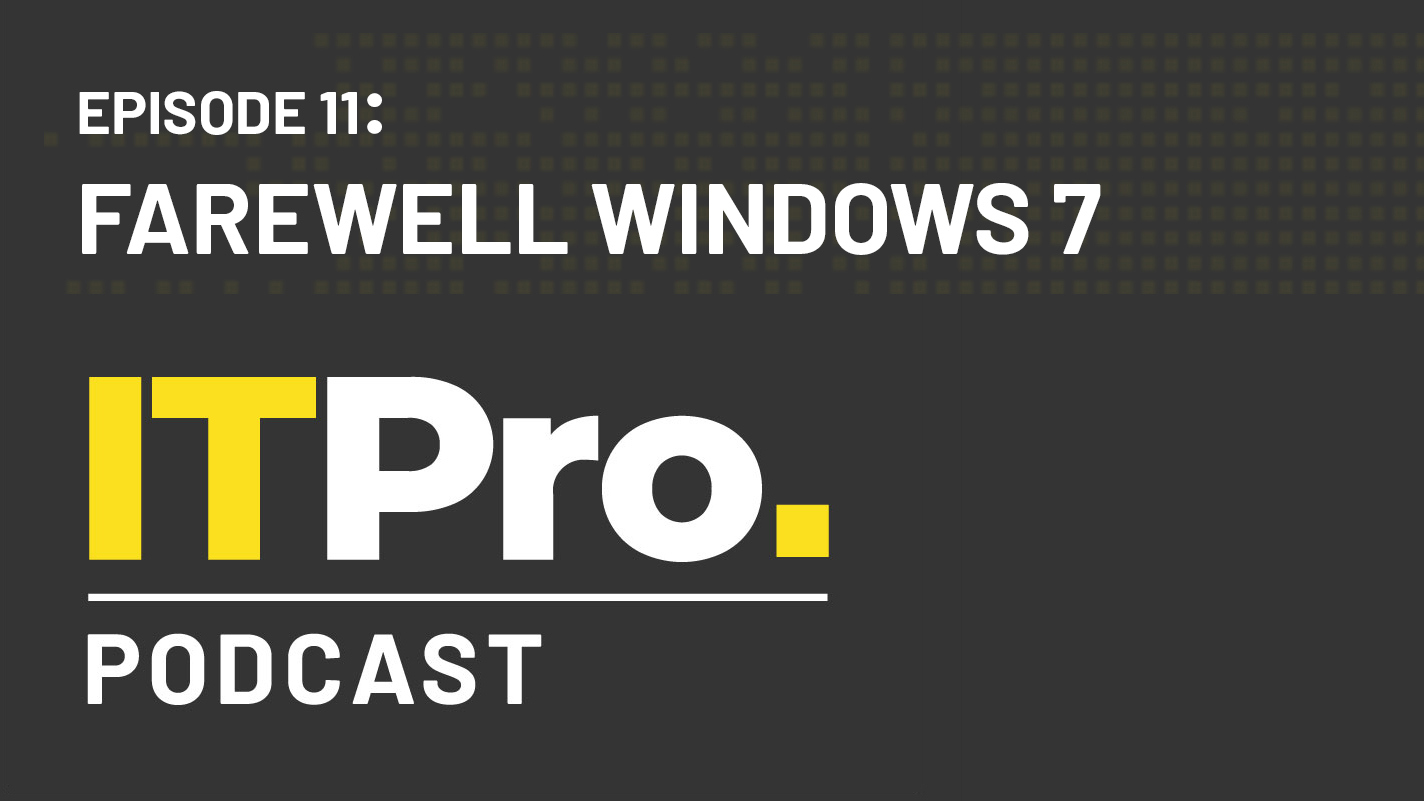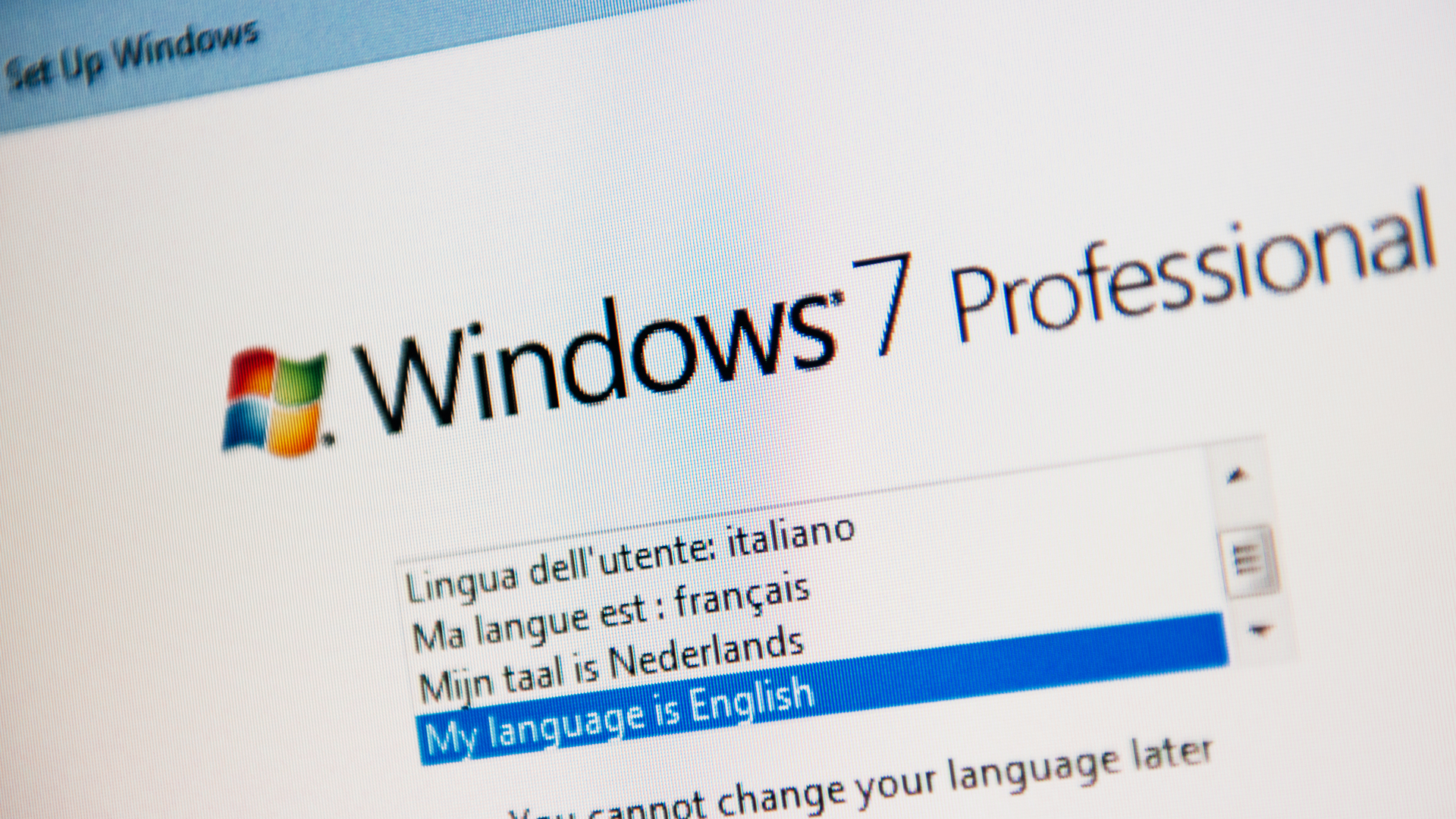Microsoft fails to patch critical flaw in Internet Explorer
Despite being warned of the existence of a dangerous exploit in Internet Explorer, Microsoft has decided not to fix it

Sign up today and you will receive a free copy of our Future Focus 2025 report - the leading guidance on AI, cybersecurity and other IT challenges as per 700+ senior executives
You are now subscribed
Your newsletter sign-up was successful
A critical flaw in an older version of Microsoft's Internet Explorer has gone unpatched, despite Redmond being warned of it last year.
HP's Zero Day Initiative (ZDI) site outlines how the exploit, which could allow attackers to control a user's computer, was discovered by a Belgian researcher in October 2013. ZDI has a policy of disclosing publicly any vulnerability that goes unpatched for six months or more.
Internet Explorer 8 still commands a fifth of the desktop browser market despite being five years old.
The flaw is exploited when a user connects to a malicious website or downloads an unknown file, allowing an attacker to execute arbitrary code that gives them control.
The attacker has no way to force the victim to visit the website and so has to convince them, usually in an email attachment or link. Once fully the browser's code is compromised, the attacker would then gain the same user rights as the victim.
If the target is an IT administrator it could give the hacker access to any number of sensitive files.
IE 8 is also the most recent browser version available for out-of-date operating system Windows XP. As cybercriminals create new ways to attack the long-standing OS, multiple attacks could be initiated via this one exploit.
Sign up today and you will receive a free copy of our Future Focus 2025 report - the leading guidance on AI, cybersecurity and other IT challenges as per 700+ senior executives
Microsoft left no comment on the disclosure, but recommended that users security settings be moved to "high" in order to block unknown scripting in malicious websites. IE customers should also ensure that prompts are enabled, it said, to warn potential victims before script action is taken through the browser.
ZDI informed Microsoft of its intention to publish the issue at the beginning of the month, but received no reply from the software giant.
-
 AWS CEO Matt Garman isn’t convinced AI spells the end of the software industry
AWS CEO Matt Garman isn’t convinced AI spells the end of the software industryNews Software stocks have taken a beating in recent weeks, but AWS CEO Matt Garman has joined Nvidia's Jensen Huang and Databricks CEO Ali Ghodsi in pouring cold water on the AI-fueled hysteria.
-
 Deepfake business risks are growing
Deepfake business risks are growingIn-depth As the risk of being targeted by deepfakes increases, what should businesses be looking out for?
-
 Microsoft angers admins as April Patch Tuesday delivers password feature without migration guidance
Microsoft angers admins as April Patch Tuesday delivers password feature without migration guidanceNews Security fixes include a zero day exploited by a ransomware group and seven critical flaws
-
 Managing a late migration
Managing a late migrationOpinion When it comes to moving from Windows 7 to Windows 10, it's better late than never
-
 How to set up a Windows 7 emulator for Windows 10
How to set up a Windows 7 emulator for Windows 10Tutorials A complete guide for setting up a Windows 7 emulator for Windows 10 so you don’t lose access to your apps
-
 The autopsy of Windows 7
The autopsy of Windows 7In-depth Report of a postmortem examination
-
 The IT Pro Podcast: Farewell Windows 7
The IT Pro Podcast: Farewell Windows 7IT Pro Podcast We reflect on the legacy of one of Microsoft's most enduringly popular operating systems
-
 Windows 7 ends: what do you do next?
Windows 7 ends: what do you do next?In-depth From SMBs to big business and individuals, after 10 years it's time to move on from Windows 7
-
 Windows 7 end of life: What to do if you haven't upgraded yet
Windows 7 end of life: What to do if you haven't upgraded yetIn-depth Microsoft has now officially moved Windows 7 to end of life, meaning it's no longer a viable business platform
-
 Windows 10 vs Windows 8.1 vs Windows 7 - Microsoft OS head-to-head
Windows 10 vs Windows 8.1 vs Windows 7 - Microsoft OS head-to-headVs We pit Microsoft's most popular operating systems against each other to see which is the greatest of all time